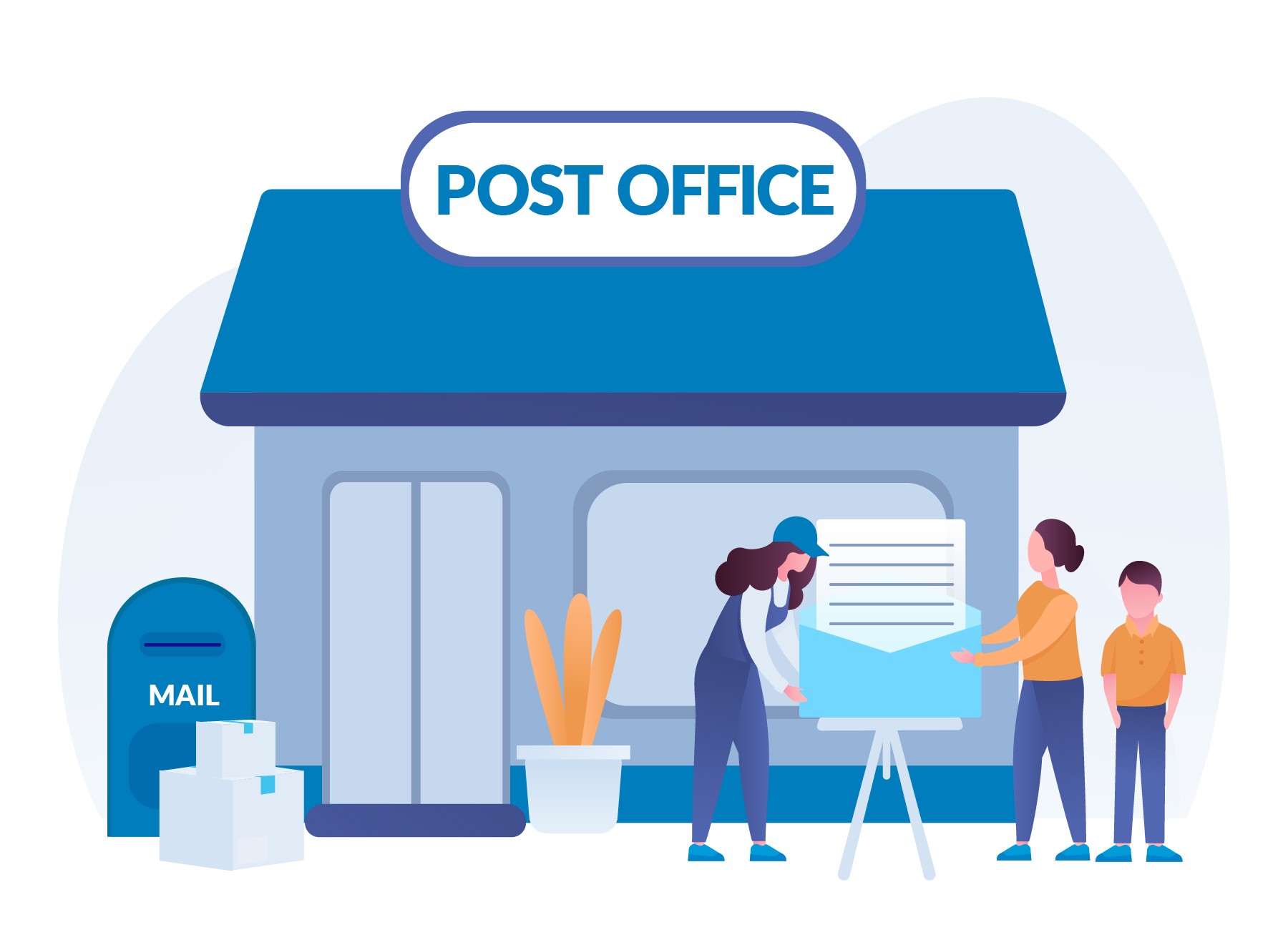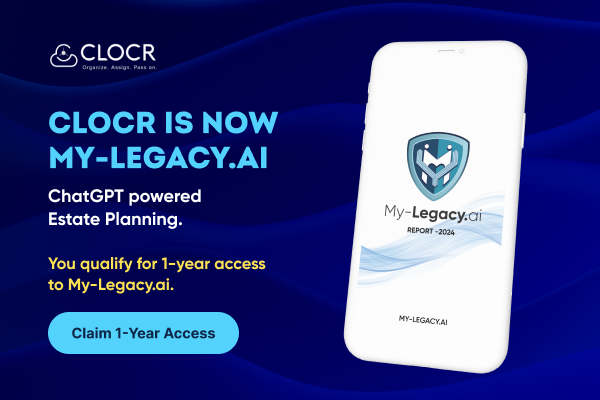Do you receive emails for a deceased person? It may be your sister, brother, parent, aunt, or another relative. Once you pass away, the service providers (banks, insurance agents, etc.) will keep sending emails to your email account without fail. By doing so, they do not wish to cause any trouble for your family and thus decide to continue this service posthumously. But if you would like to stop these emails from coming into your mailbox after someone from your family passes away, then this article is for you. Let’s see how we can stop mail for a deceased person.
The Right Way To Stop Mail For A Deceased Person
You can use several ways to stop advertisement mails to your loved one’s account. Filling the Deceased Do Not Contact (DDNC) free registration form is your first step. This step works, but the DMA and DDNC cannot stop all emails. Several organizations are not a part of the DMA, due to which you will have to contact them individually. Moreover, if your loved one was a former customer or donor to an organization, it will be hard to stop the mails.
Can I Stop All Emails For A Deceased Person?
Yes, you can stop mail for a deceased person depending on your legal preparations. If you work as an executor of their estate, this process is easy. Visit the post office with a copy of a probate order and end your role as an executor. After this step, request discontinuation of services.
However, junk mail may still arrive in their account. Laws against such junk advertising have increased recently, but they are not enough to stop them. Businesses find email addresses and purchase them from mail companies for marketing purposes. They also revert to old clients to advertise new services/products. You will have to request the firm to stop any new mail. You can also approach an opt-out group to report such companies.
Companies use several ways to find the contact information of different people. Several sites enable you to find the contact details of people, and they willingly sell the data to organizations. Remember that the data does not automatically disappear after someone passes away.
Note that the contact information on these websites is rarely private. They may not have their number and other delicate data. Some websites look for information on social media and other public platforms. If you delete your loved one’s social media and other digital networking accounts, these websites will not be able to gather information. Remember to remove all the personal data your loved one might have posted online.
Deactivate their Facebook, Instagram, youtube, and google accounts to ensure that nobody can reach out from these places. It also helps to google their name and other contact information to check if they have posted it on any online platform. Irrespective of your efforts, their account may keep receiving mail from different sources.
Companies sometimes miss memos and requests from executors, due to which the mail does not stop. In some cases, people unaware of the passing of their loved one may send an email after finding the contact information on a website. To prevent it, approach the website and request them to remove the data of your loved ones from their database.
You will have to contact several companies and file multiple requests to stop unwanted mails. It requires a significant amount of time to stop these emails if your deceased loved one was coordinating with several organizations. Some people spend a lot of time online and are lenient while giving away their personal information. They accept cookies from several websites without understanding the mechanics behind them.
Here Is A List Of People And Organizations You Should Contact To Stop The Mail
- USPS
- Do not call lists
- IRS
- The DDNC of DMA
- Subscription services
- Realtors/ mortgage companies
- Employers
- Bank/financial institutions
- If your loved one was a business owner, contact the state department concerned with business registrations and operations.
- Former landlords
- Nursing homes
- Utility organizations
- Insurance, Pension, retirement companies
- Friends and family
Digital Legacy services can help you.
Coordinating with the digital Legacy service can help you to stop mail for a deceased person. Search services enable you to appoint an executor for your digital estate. You can choose a person to close your social accounts after your death. Contacting a digital legacy service provider can prevent several complications in the future.
To learn more about Digital Legacy Planning sign up with Clocr now!




